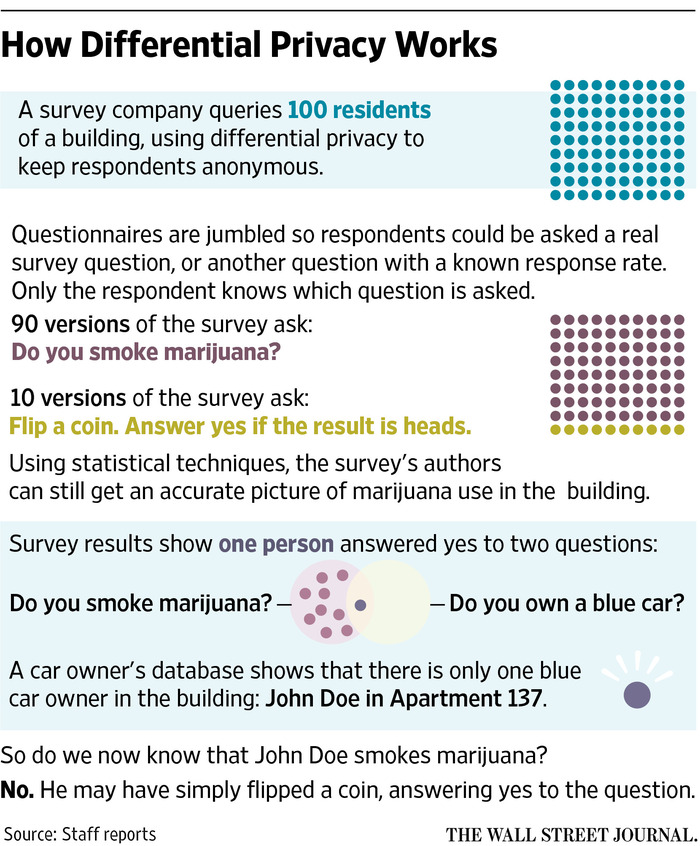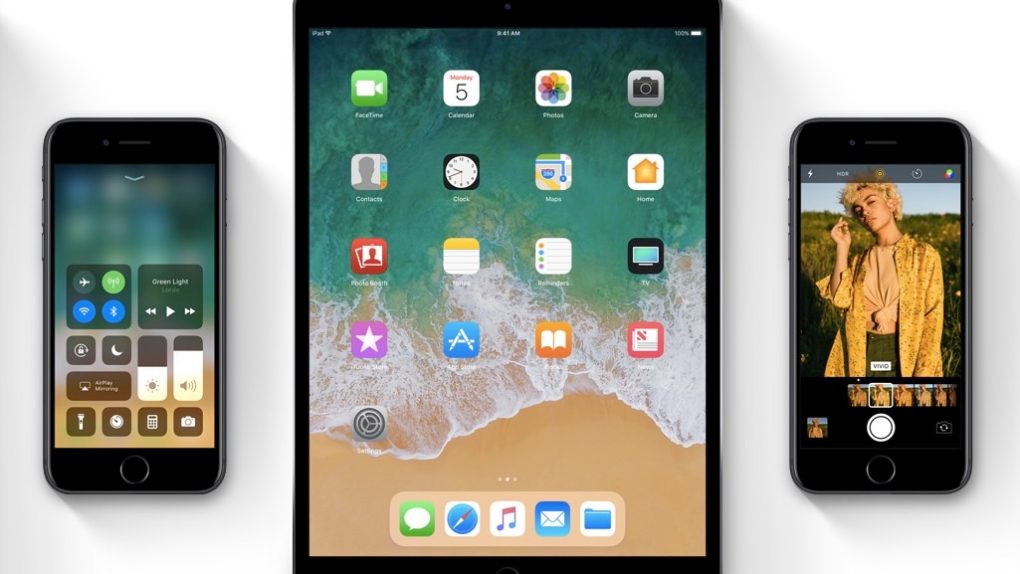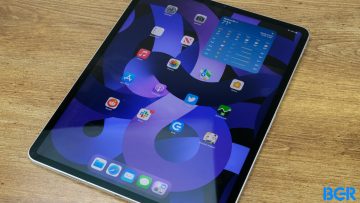Apple is a big fan of user privacy, and the company often criticizes competitors for their approach to collecting user data. In turn, Apple received plenty of criticism for the way it protects user data, as its practices potentially hinder the development of products that need access to data, in advanced computing fields like artificial intelligence and machine learning.
However, a new report reminds us that Apple has increased its own user data collection recently, to improve services like the Siri personal assistant. But it did so without lowering its own privacy standards.
Apple is using differential privacy to anonymize large piles of data in a way that no single user could be identified. These algorithms are relatively new, and they’re meant to combat new tech innovations that would allow someone to actually identify users by making certain connections between different batches of data.
Differential privacy works by adding a measurable amount of statistical noise to the data that’s about to be analyzed. That way, no single user could be successfully identified, or identification would be a lot harder. The Wall Street Journal has a great infographic that explains how it all works:

Apple unveiled differential privacy last year as a part of iOS 10, using it inside iMessage (the emoji replacement feature) and predictive text, but also in Notes and Spotlight search.
However, Apple is expanding it this year, The Journal explains to cover a wide variety of things, including web browsing and health-related data. Apple said as much as WWDC last month, adding that it now receives millions of pieces of information daily from all its products out there, including Macs, iPhones, and iPads.
“Apple believes that great features and privacy go hand in hand,” the company told the paper in an email.
This data can be used for turning Siri into a smarter assistant, but also improving iOS and macOS going forward. And it’s not just Apple that’s relying on differential privacy to protect user data. The report notes that Uber is doing it to improve services without being exposed to user data. Microsoft is working San Diego Gas & Electric Co. on a project to make smart-meter data available to the government and researchers without the risk of exposing the identity of the user.








